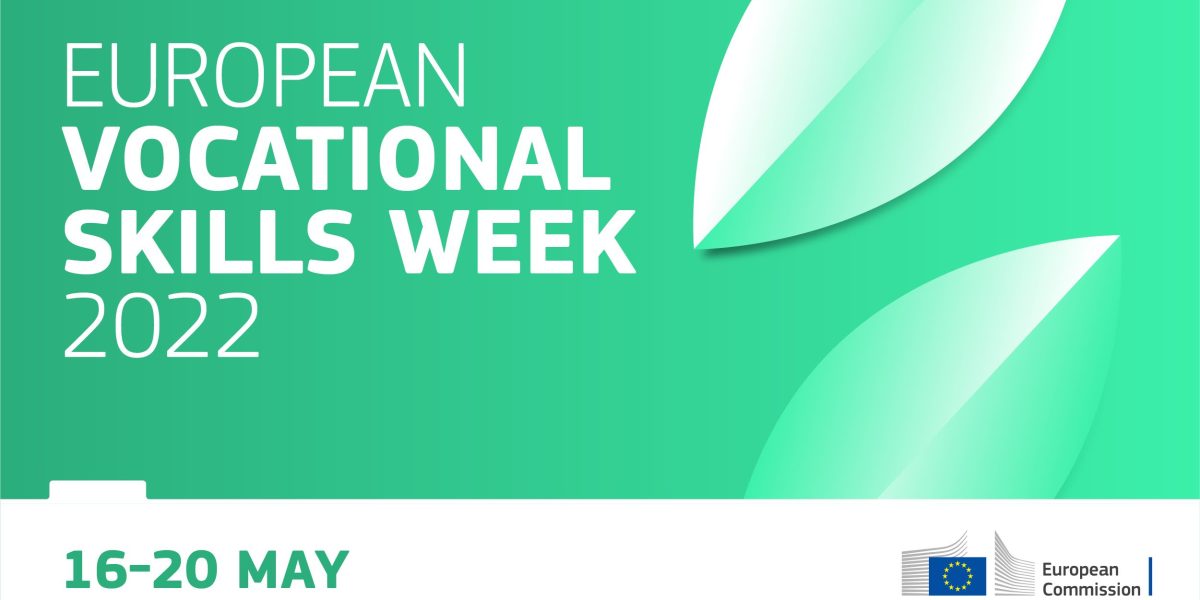The premier event serving the Vocational Education and Training (VET) community was back for its 6th edition, bringing Europe’s VET policymakers, industry leaders, teachers, organisations, and students together in an online five-day conversation.
The European Vocational Skills Week,was an unforgettable event with insightful takeaways from reflective webinars and engaging panel discussions with VET stakeholders. The Week’s events primarily explored the theme of VET and the Green Transition, but also touched upon a host of other topics, such as upskilling and reskilling people to help them benefit from Europe’s digital transformation.
The week was a relevant opportunity to celebrate all the very best practices in Vocational Education and Training (VET), with events by local, regional, national organisations, and other VET partners. This year, the Week was focused on the theme of VET and the Green Transition in line with the European Commission’s commitment to taking all the necessary steps to become carbon neutral by 2050, known as the European Green Deal including equipping people with the appropriate skills for the transition.
But how did the Week inspire our project?
The Week was an important moment of reflection on our project and provided us with useful food for thought that will enrich our work in the coming years.
A key element that we are therefore going to consider arose from the first day’s work and in particular from the webinar on Green, Greener, VET (Challenges), organised by VET4EU2, a platform of European associations of VET providers: EVTA, EfVET, EUproVET, EVBB. Vocational education and training policy experts, students, providers, and other stakeholders looked at the challenges and proposed solutions for the greening of VET.
We concluded that VET can be a fantastic “catalyst for the green transition”.
Our Consortium will consider these useful insights that have emerged in order to integrate specific focuses on green transition within its activity parameters.
The transition to green – and more digital – economies and societies will create new skill needs across sectors and occupations. Europe will have to invest in upskilling and reskilling its workforce. In this context, vocational education and training (VET) will play an eminent role
The strongest job growth is expected in sectors with a high greening potential, such as water supply, waste management and construction. But employment will be on the rise across almost all sectors as employers turn to more sustainable business models. Changes in skill needs must be reflected in education and training provision at all qualification levels. VET and apprenticeship will be crucial to providing skill sets that evolve flexibly and dynamically.
Regions and cities will act as green transition hubs. There will be a huge need for digital skills in greening economies. This confirms that in practice the digital and green transitions are truly ‘twins’ in every respect.
In this context, vocational education and training (VET) will play an eminent role. Apprenticeship, being closely tied to the labour market, can swiftly adapt, alleviating short-term bottlenecks and ensuring long-term worker employability.







